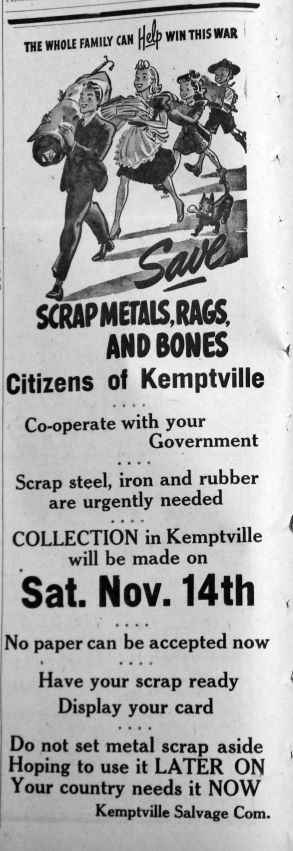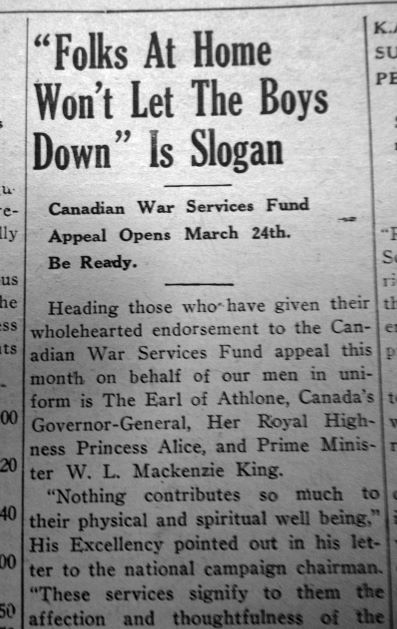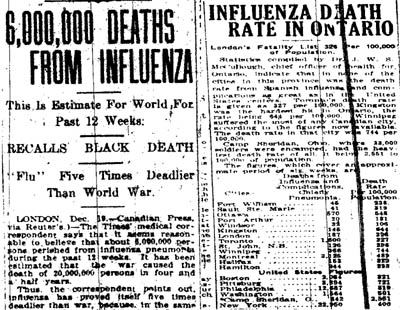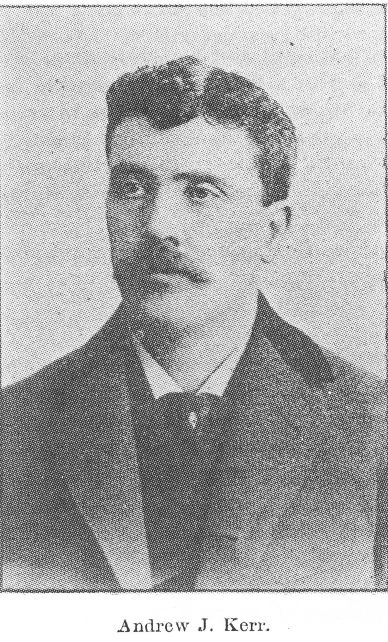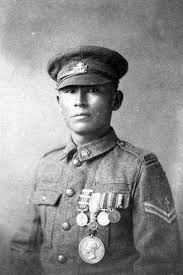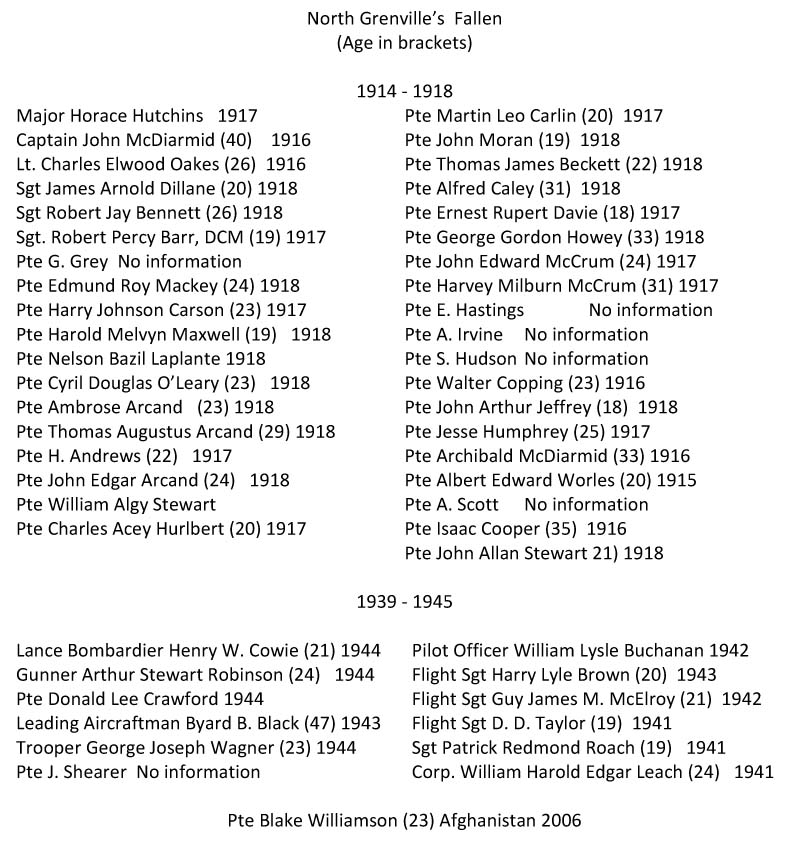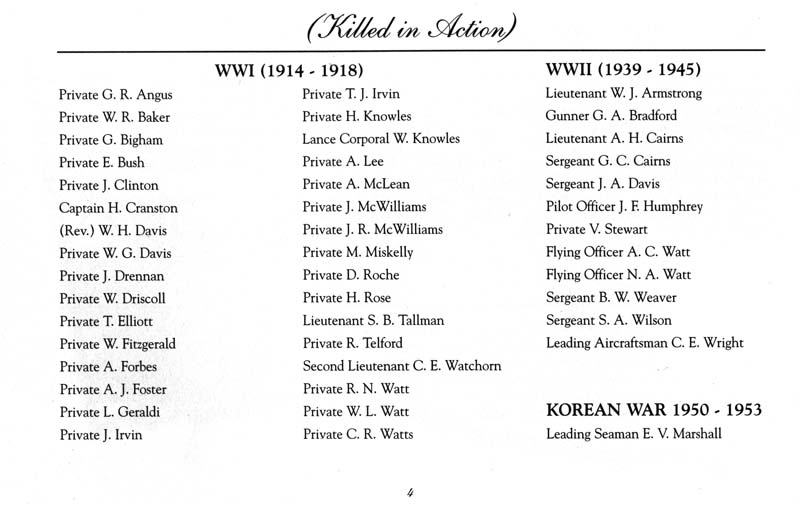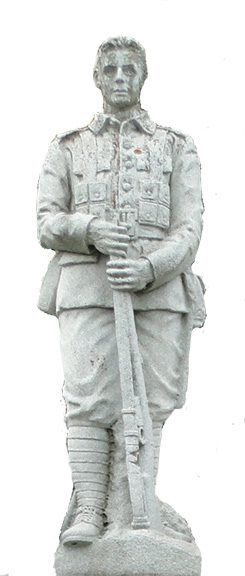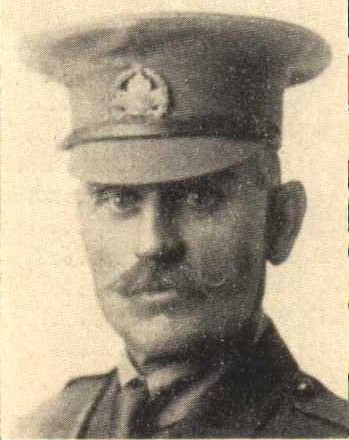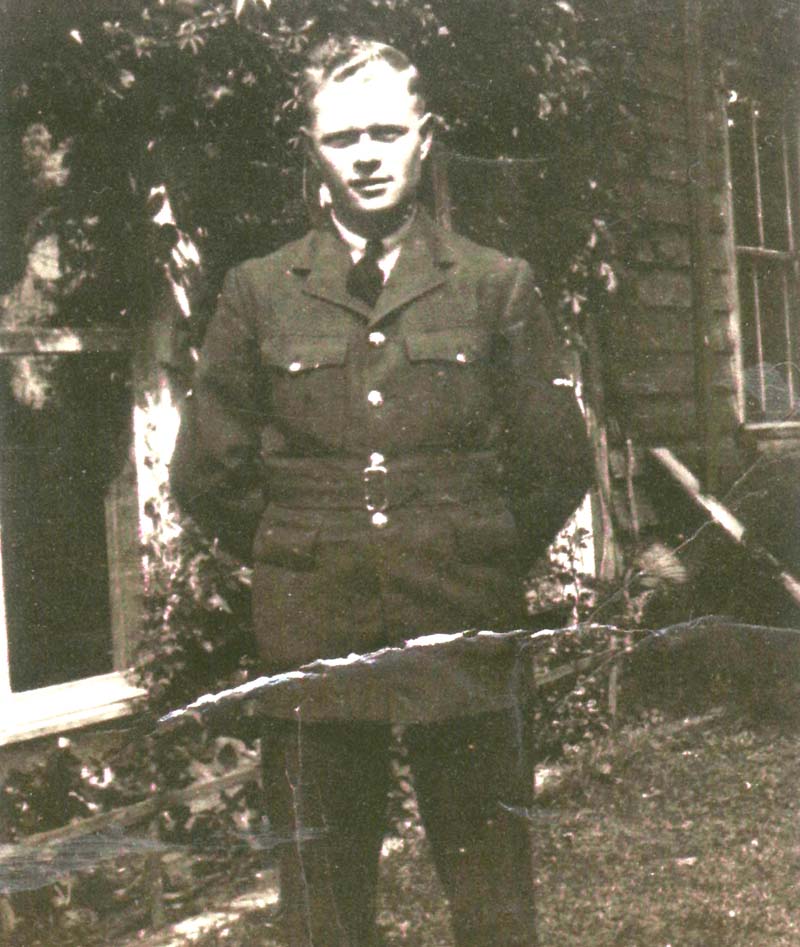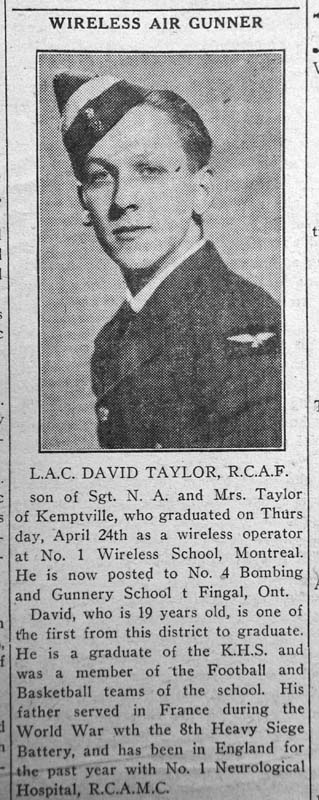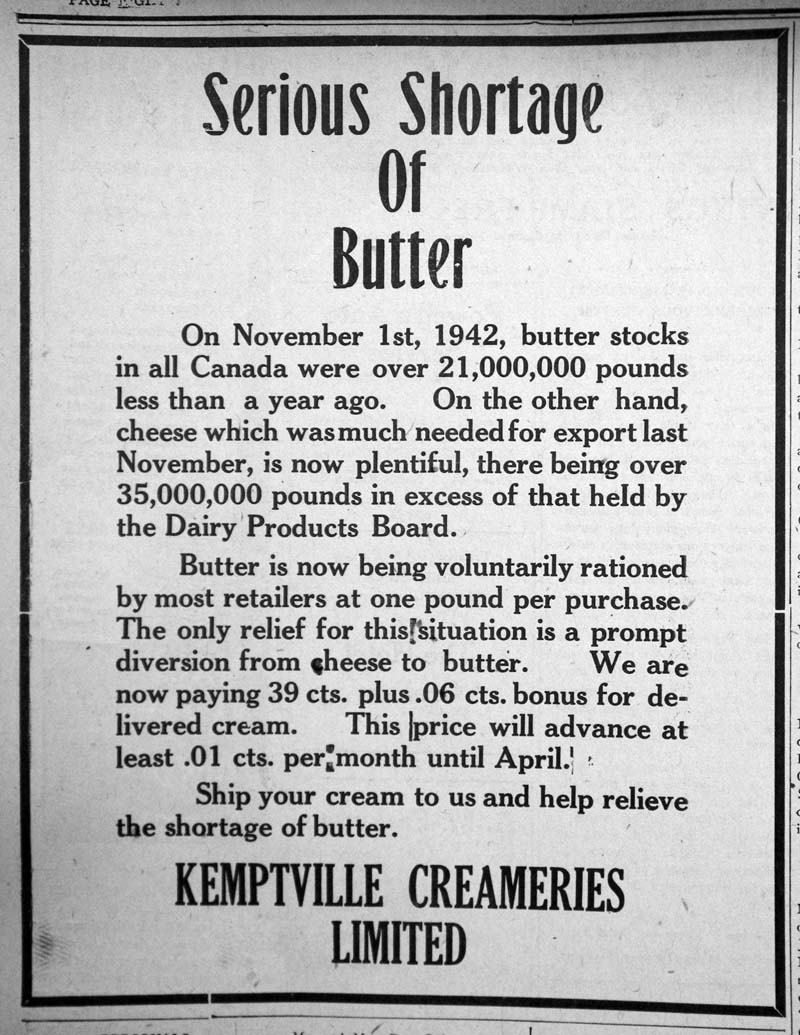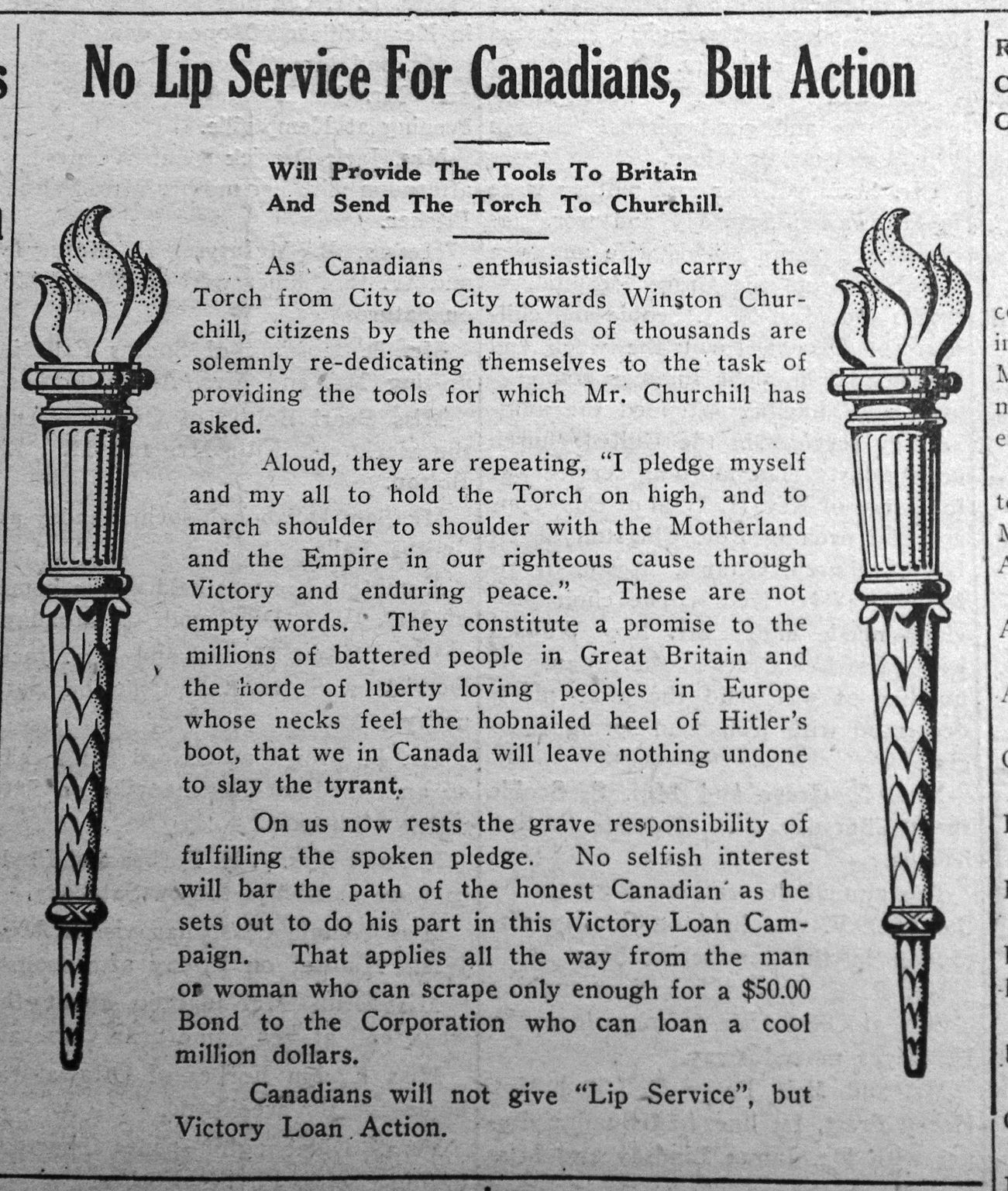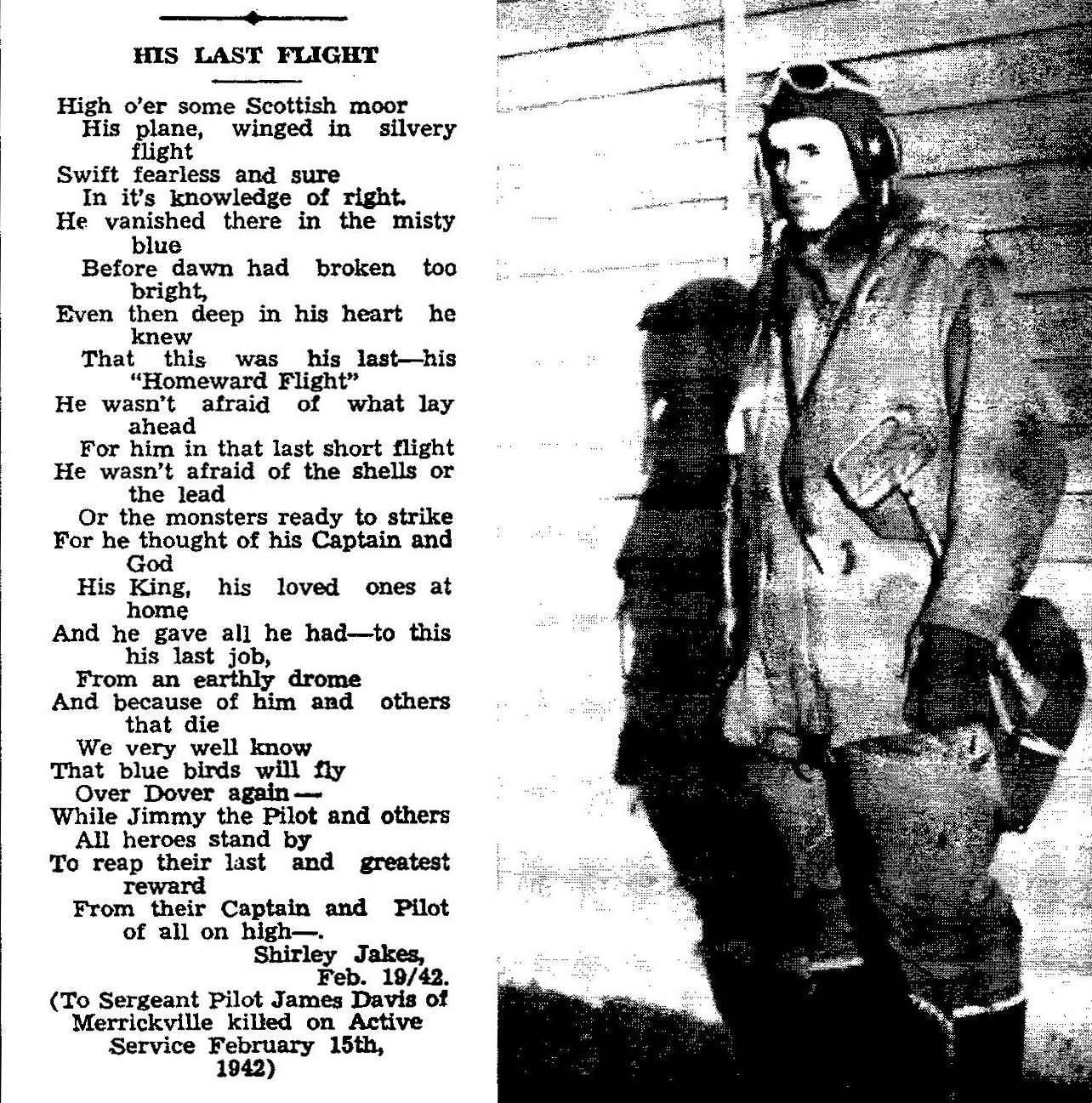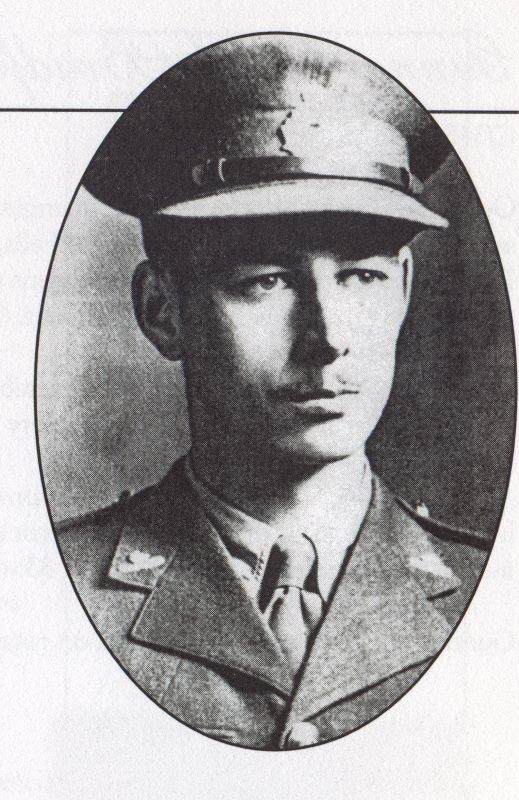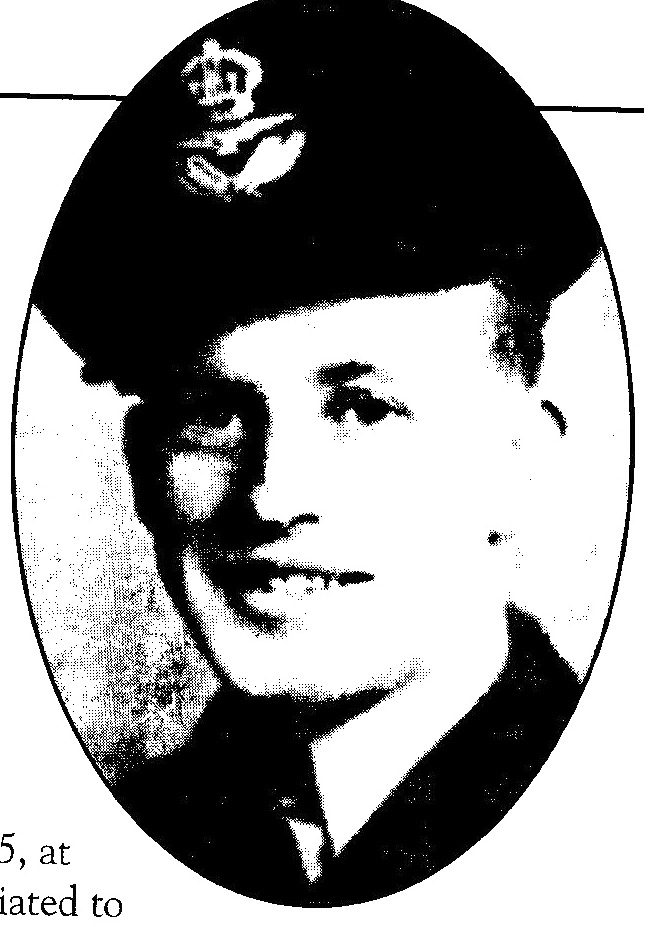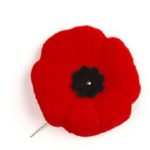1919 – 1939: A Nation emerges
by David Shanahan
The First World War, or the Great War, as it was known, was a traumatic event in the history of Canada and Canadians. When the British Empire declared war on the German Empire and the Austro-Hungarian Empire in 1914, Canada was automatically at war too. As a Colony of the Empire, Canadian politicians had no power to do otherwise. By 1918, approximately 620,000 Canadians served in the Canadian Expeditionary Force, including 425,000 who served overseas; more than 60,000 were killed and 172,000 wounded, an enormous number for a small nation.
The military role played by Canada, and other Colonies, during the Great War changed attitudes at home, and the Canadian Government joined with those of Australia, new Zealand and South Africa to demand a place at the table during the negotiations of the Treaty of Versailles, which brought the war to an end. Canada also joined the new League of Nations as an independent country.
The idea of a Commonwealth, as distinct from an Empire and Colonies, had been suggested during the war, but it was in the Anglo-Irish Treaty of 1921, which led to the establishment of the Irish Free State, that the term “British Commonwealth of Nations” was first used in an official capacity. The new Irish state was given the status of the Dominion of Canada under the Treaty.
Canada and the Irish Free State continued to work together in the coming years to solidify the structure and nature of the Commonwealth. In the Balfour Declaration at the 1926 Imperial Conference, Britain and its dominions agreed they were “equal in status, in no way subordinate one to another in any aspect of their domestic or external affairs, though united by common allegiance to the Crown, and freely associated as members of the British Commonwealth of Nations”. The term “Commonwealth” was officially adopted to describe the community.
This led to the Statute of Westminster in 1931, which established the new constitutional arrangements. The “British parliament could no longer make laws for the Dominions, other than with the request and consent of the government of that Dominion. Before then, the Dominions had legally been self-governing colonies of the United Kingdom. However, the statute had the effect of making them sovereign nations once they adopted it”.
This meant that the situation in 1939 was very different from what it had been in 1914. When Germany invaded Poland on September 1, 1939, Britain and France opted to declare war. Canada, exercising quite deliberately its newly-achieved status, delayed declaring war on Germany for a full week. For those nine days, Canada was officially neutral. There may not ever have been a doubt that Canada would join the war, although Prime Minister Mackenzie King and his cabinet were not expecting Canada to be as involved in the conflict as they eventually were. The Second World War would see a very different Canada, and its armed forces, than had struggled under British leadership in the Great War. Much had changed in the twenty years between 1919 and 1939.





